I have grown an allotment or a garden for a lot of years, but over the last few years I have had to make some changes due to the rise in the cost of living. My veggie garden is no longer a hobby and something I do for pleasure, but is a means of survival if I don’t want to go back to work. Growing a garden for fun and growing a garden for subsistance are very different. Here are some of the things that are different.
1. I have to grow as much as I can and it needs to be nutrient and calorie dense. This involves utilising every little bit of growing room that I can find. We have built some big raised boxes to do this.
2. I no longer grow just what I want to grow. I have to grow things that can easily be used in our meals, or preserved for the winter time. We grew 50 tomato plants this year so that I could pake passatta and puree. I can’t grow some thing because it looks nice, or doesn’t give much yield. It takes up valuable space, compost, and fertiliser
3. It is a lot harder work. I am relying on my garden to feed me and so I need to work in it every day to protect crops from slugs, to water it, to harvest it, to feed, to stake it, to weed, to trim it, etc.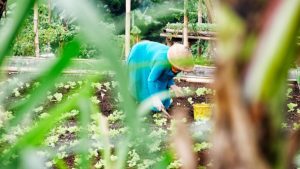
4. I have to plant a lot more and be organised. I have to remember resow every 3 to 4 weeks to make sure that we have a consistent crop, and many harvests.
5. I have to plant a larger variety of crops. Every year some crops don’t do as well as other years and so I can’t rely on having them. An example is that this year my peas were rubbish but I had lots of beans this year. The weather can have a big impact on crops.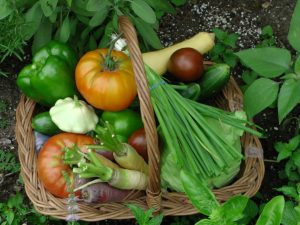
6. I have to plan. We will grow things like winter squash that we won’t eat until the winter. This year I grew salad in my north facing garden hoping that it would last longer, and it did.
7. I have to be vigilant for pests and disease and check all of my garden every single day. This means picking slugs and snails by torch light, or on a rainy day.
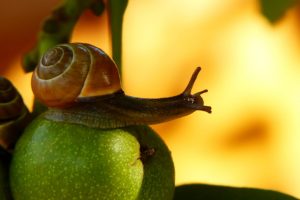
8. I have had to learn to grow the ingredients for condiments and learn how to bottle them. Dehydrating good is also a new skill so that I can make fruit leathers, dry herbs, or make apple chips. I already pickle but intend to ferment more next year.
9. I have had to learn not to waste anything and often get two different crops from one plant (eg.use carrot tops or beetroot leaves).
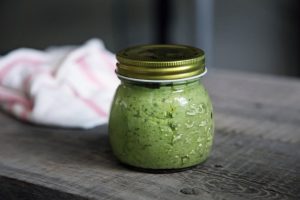
10. Learning how to save seeds, and letting things go to seed is important. Crops that have done welll I can grow again the next year for free..
11. I have had to learn to cook using mainly the the ingredients I grow. What we eat is based oncwhat we are harvesting at the time.
12. I have to do all of this even on days when I don’t feel like it, and I can’t take a proper holiday during the summer.

I am glad that I started small when growing my own food for fun, before I had to. It helped me hone my skills and adapt. I made my mistakes and experimented when it didn’t matter.
People might wonder why, if it is so hard, why do I do it. To be honest it beats working for someone else, being told what to do, office politics, and back stabbing. I can do it with my grandson tmand teach him important skills. It is good foor my mental health and allows me to connect with nature. Yes it is hard work, but the benefits of healthy, gorgeous, fresh food, are payment enough.
I also must admit that I enjoy not relying on anyone, and get that sense of freedom away from consumerism. I still have to listen to that droning supermarket music even though I rarely visit, though. Mr S likes 70s music. 😊. I guess you can’t have everything!
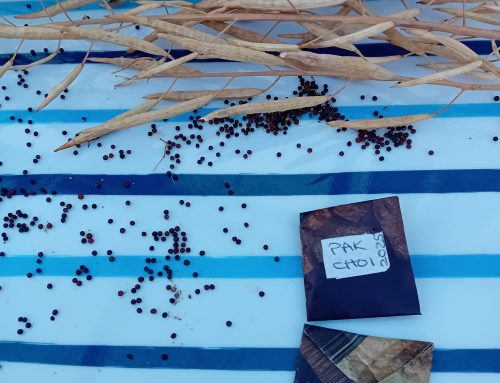
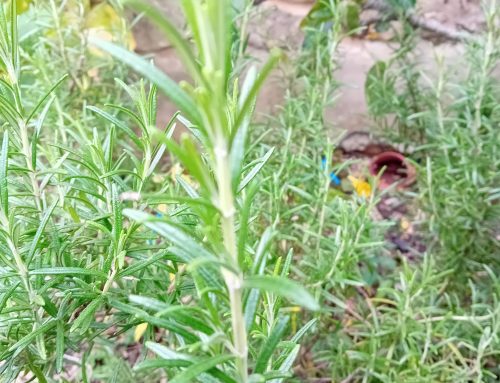


At retirement age, I am just beginning my gardening adventure. You are miles ahead of me!
That’s ok as it isn’t a race. I still learn things every year. Getting to know our own garden is what is important. What grows well, where the shade and wind are, which pests and diseases like your conditions etc. Thanks for sharing
I grow in some small raised beds and buckets, some thrive some I’ve lost and lots this year has been eaten by caterpillars, so next year I will be covering them to stop the butterflies laying their pesky eggs! Like you I had an allotment for many years, but growing in the garden is a different kettle of fish altogether but I will conquer it. I can’t grow enough to be reliant on the garden alone but it all helps and next year it’ll be better!!!!
It does. I gave up on growing cabbages and the like in my garden as they take up a lot of room. I just grow pak choi. We have to net against pigeons as well as butterflies which is a pain. Thanks for sharing.
Yes, it’s quite different. Fortunately I was young and fit when I had to do it, although I was working as well. Like you we used to forage, I’d been well taught by my parents, not just for food but for other useful things. We collected pea and bean sticks and sheep droppings for tomato feed. I agree about the planning, it’s so important to think ahead so you don’t waste resources, time or energy.
What a useful upbringing. I hadn’t thought about sheep muck for manute. Thanks for sharing.
My peas all failed this year! It was very frustrating though fortunately we don’t rely on them. I’d love to hear more about what you use for compost (and fertiliser) and how you keep the cost down as I imagine you need a fair bit for the amount you grow, esp in pots. I’m getting a compost bin this year but I don’t think it’ll produce anywhere near the amount I need. I love growing my own food but it doesn’t feel especially cheap when you factor in buying compost. We do get some horse manure for free and I’d like to experiment with nettle tea and other natural fertilisers but not sure how effective they are compared to trusty tomato feed! Would love to hear about your experiences – maybe a future blog post? Thank you!
I will do a blog and think I did one a few years ago. I reuse compost. Some is 10 years old. I use lots of leaf mould, have 2 compost bins, and my raised boxes have sticks, and compostable material under the compost. I also add fish bone. My plant food is all natural teas. I disturb the soil as little as possible and always make sure that I have worms in all my pots.